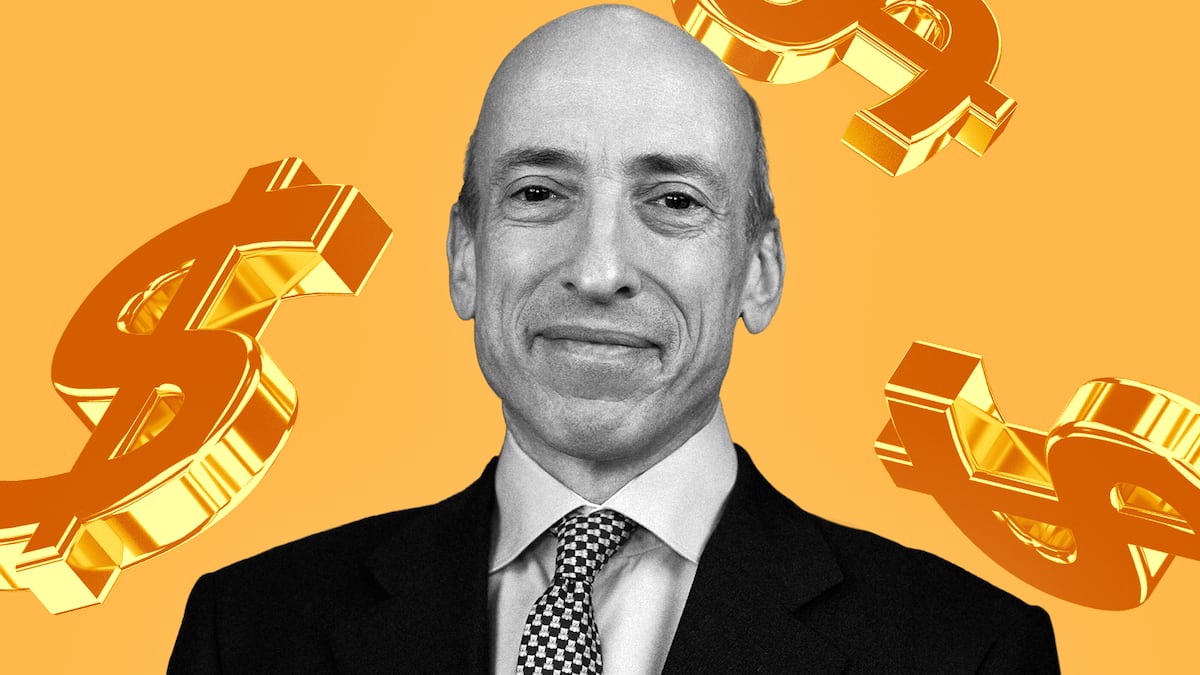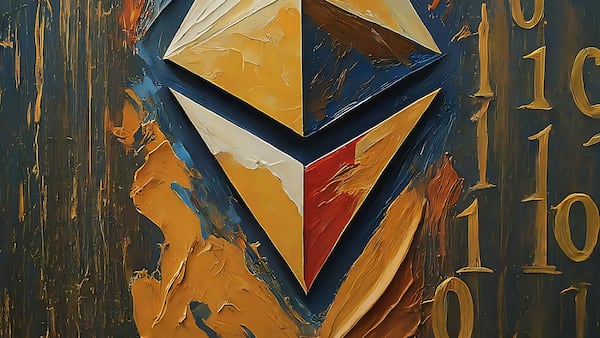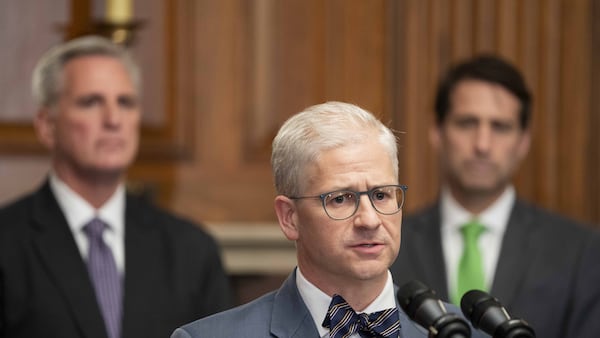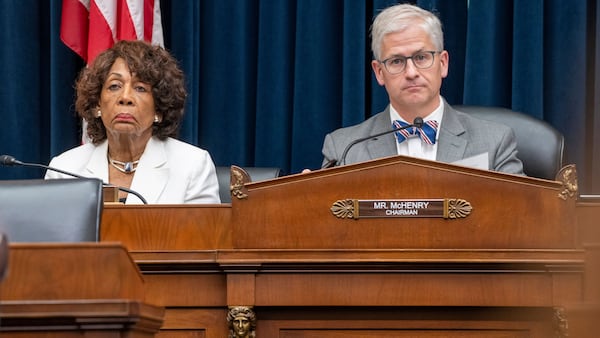- The crypto industry has claimed a series of wins in litigation against the SEC.
- But a zoomed-out view shows that regulator is actually faring well in the early stages of cases.
A version of this story appeared in our The Guidance newsletter on June 24. Sign up here.
Kraken’s court battle with the US markets regulator will almost certainly go ahead, after a federal judge hinted he won’t throw out the case.
It’s another example of how the Securities and Exchange Commission under chair Gary Gensler is racking up wins in its litigation against the crypto industry.
That’s not what the industry says.
Crypto enthusiasts portray Gensler’s SEC as a serial court loser.
That’s understandable.
The SEC has deluged crypto businesses with enforcement actions.
Among others, the regulator is also suing heavyweight exchanges Binance and Coinbase, accusing them of offering unregistered crypto securities on their platforms.
The stakes are nothing short of existential for the industry.
Until Congress gets around to writing crypto-specific laws — and that may take a while — court cases will direct crypto regulation.
So far, though, the SEC just isn’t taking the drubbing some would have you believe.
Crypto setbacks
Take Kraken.
In court on Thursday, Judge William Orrick agreed with the SEC.
He said it’s “plausible” that crypto assets on Kraken are securities, adding that the exchange has its “work cut out” for it.
Or take Coinbase.
In March, Judge Katherine Polk Failla sided with the SEC’s argument that 13 tokens listed in its suit against the exchange were securities.
And then there’s Judge Jed Rakoff’s ruling that Terraform Labs offered investors unregistered securities.
Failla, Orrick, and Rakoff also gave short shrift to the major questions doctrine — a sort of pet theory of crypto lawyers intended to challenge the SEC’s authority.
Imperfect record
That’s not to say the exchanges are cooked.
Judges seldom dismiss cases so early in a trial.
And their preliminary comments aren’t a guide to how they eventually rule.
Plus, the SEC’s track record isn’t perfect:
- Grayscale’s victory paved the way for Bitcoin spot exchange-traded funds.
- Ripple Labs won in its case over the status of the XRP token, at least partially.
- The Debt Box fiasco was extremely embarrassing for the regulator.
But with regard to these cases, only Ripple was a test of Gensler’s claims that most crypto assets are securities — and even that resulted in a split decision by the judge.
Protos journalists crunched the numbers on 116 closed crypto cases, showing the SEC either won or settled 95% of them.
Time will test that winning streak.
The SEC’s cases against the exchanges could wind up in appeals courts, where the regulator’s arguments may not be as well received.
And the industry is more proactive now, with the Blockchain Association and Consensys bringing their own suits against the SEC.
At this point, though, the SEC isn’t taking the beating in the courts the industry would like to see.
Reach out to joanna@dlnews.com.






